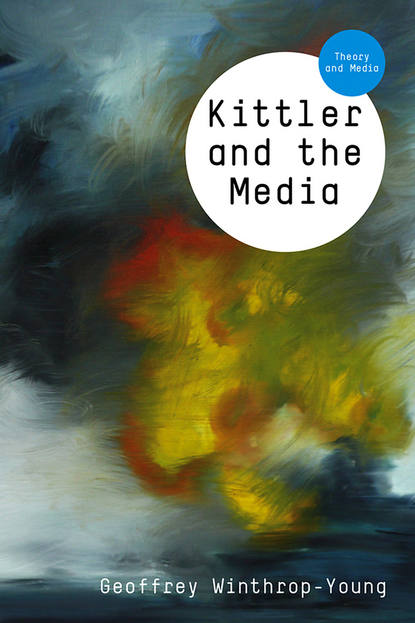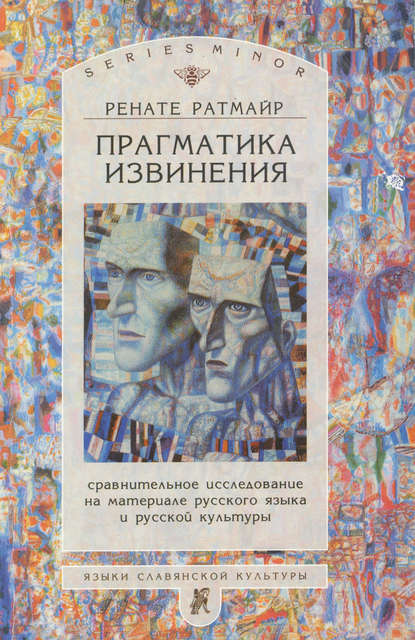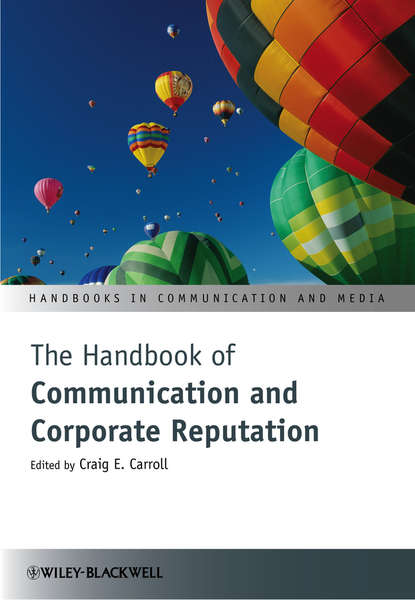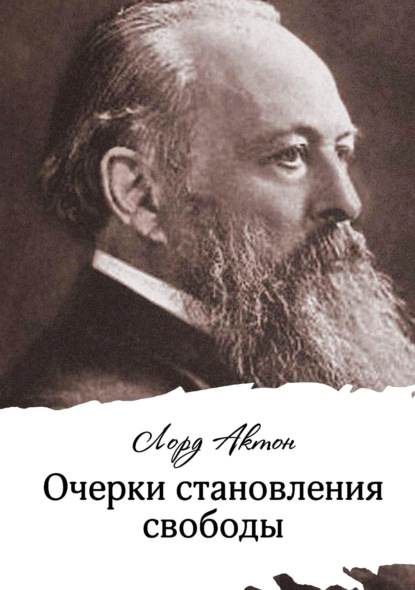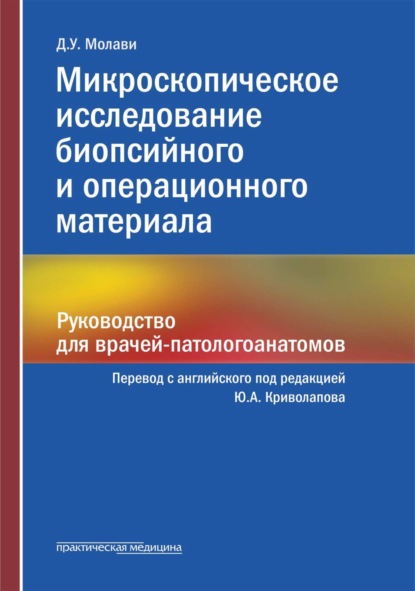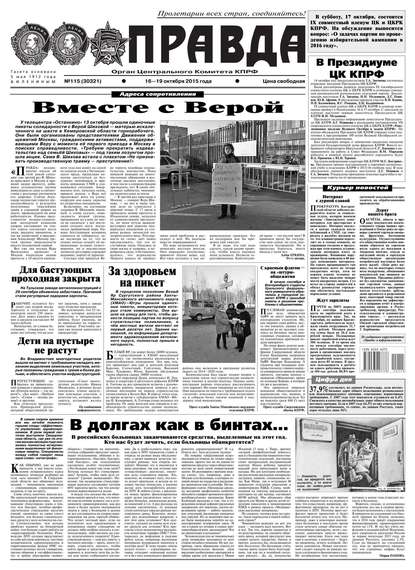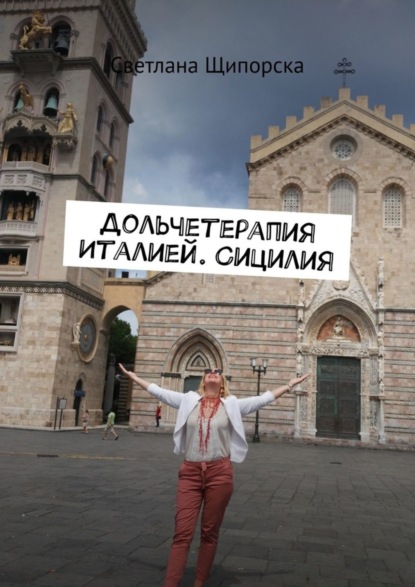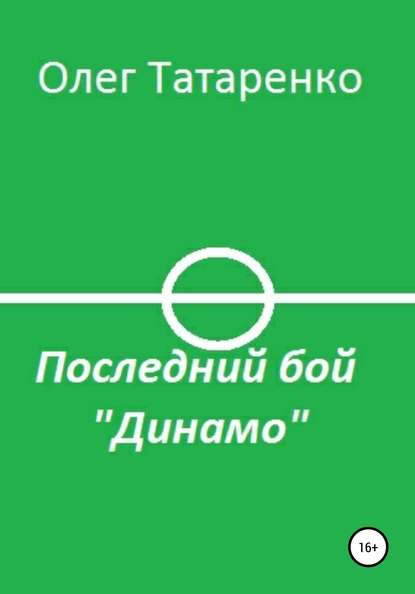Фридрих Киттлер своими работами, такими как «Дискурсивные сети» и «Граммофон, кинопроектор, пишущая машинка», а также сборником «Литература, медиа, информационные системы», зарекомендовал себя как один из самых влиятельных медиа-теоретиков мира. Он также является одним из самых противоречивых и непонятых. Книга «Киттлер и медиа» предлагает студентам, изучающим медиа-теорию, введение в основные идеи Киттлера. После вступления, которое ситуационно помещает работу Киттлера на фоне бурной немецкой истории 20-го века (от Второй мировой войны и культурных потрясений конца 1960-х до воссоединения), книга дает краткое изложение ранних дискурс-аналитических работ Киттлера, вдохновленных французским постструктурализмом, его теоретизирования о медиа и его самых последних работ о культурных техниках и нотационных системах Древней Греции. Этот понятный и увлекательный обзор работ захватывающего теоретика будет полезен как студентам, так и ученым в области медиа, коммуникации и культурологии.
With books such as 'Discourse Networks' and 'Gramophone, Film and Typewriter', Friedrich Kittler became one of the media theoretical authorities of our time. But his work also became the basis for fierce debates and misunderstandings. With this book, Geoffrey Winthrop-Young provides a clear introduction into Kittler’s ideas to students working in media theory.
Электронная Книга «Kittler and the Media - Geoffrey Winthrop-Young» написана автором Geoffrey Winthrop-Young в году.
Минимальный возраст читателя: 0
Язык: Английский
ISBN: 9780745672687
Описание книги от Geoffrey Winthrop-Young
With books such as Discourse Networks and Gramophone, Film, Typewriter and the collection Literature, Media, Information Systems, Friedrich Kittler has established himself as one of the world's most influential media theorists. He is also one of the most controversial and misunderstood. Kittler and the Media offers students of media theory an introduction to Kittler's basic ideas. Following an introduction that situates Kittler's work against the tumultuous background of German 20th-century history (from the Second World War and the cultural upheaval of the late 1960s to reunification), the book provides succinct summaries of Kittler's early discourse-analytical work inspired by French post-structuralism, his media-related theorising and his most recent writings on cultural techniques and the notation systems of Ancient Greece. This clear and engaging overview of a fascinating theorist will be welcomed by students and scholars alike of media, communication and cultural studies.
